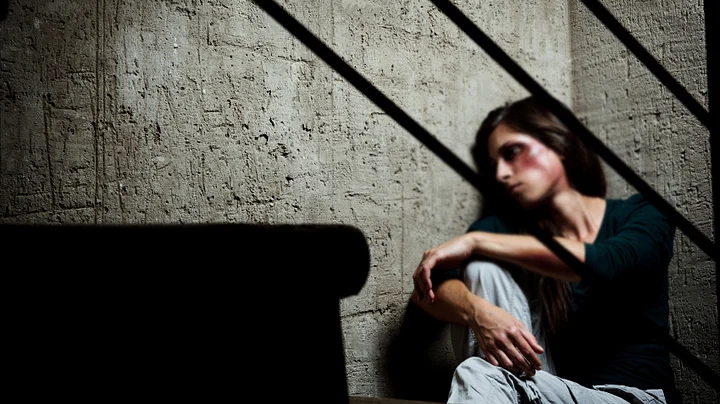Rude and uncultured behaviour as well as perfunctory abuses are mundane matters and would not attract the rigours of Section 498A of the IPC.Justice JB Pardiwala, Gujarat High Court
“Words are loaded pistols”, French philosopher Jean Paul Sartre had once said. He wasn’t exaggerating. Words hold the power to inflict lasting damage, and even cause people to end their own lives. A sustained barrage of taunts and abuses against a wife for not bringing sufficient dowry undoubtedly amounts to cruelty and deserves to be dealt with strictly.
But the Gujarat High Court seems to hold a divergent view. In a 24 November order, Justice JB Pardiwala has held that an abusive mother-in-law has committed only a “moral” offence, not something which will attract the Dowry Prohibition Act or Section 498A of the IPC.
While it’s both impossible and undesirable to decipher the meaning of “perfunctory” here, or draw up a list of such abuses, one thing is certain – this decision could set a dangerous precedent, which strikes a blow against the legal protection available to women who are victims of domestic violence and abuse.
Inconsideration, or Court-inflicted Cruelty?
As if condoning dowry-related abuse wasn’t enough, the Judge also doubted the woman complainant’s version only because she filed the FIR (First Information Report) after three years. It is understandable why a delay in filing a complaint could evince suspicion, but the sweeping manner in which the court dismissed the woman’s claims betrays lack of empathy.
Anyone familiar with cases of domestic violence knows how, for many victims, it’s a long tough struggle to speak out, for a variety of complex factors. Hence, after reading the order one is compelled to wonder – what was at work here?
“A sustained course of abusive and humiliating treatment calculated to torture” is cruelty – Supreme Court of India, 2010
When Judges Turn a Blind-eye to Domestic Violence
The present ruling joins a steadily lengthening queue of judgements and judicial pronouncements on domestic violence which threaten to severely stymie women’s efforts to seek redress for the torture and harm perpetrated on them within the sanctum of the home.
Last year, the Supreme Court severely curtailed the rights of the victims of domestic violence by curbing the police’s power to arrest, although that plays a critical role in pre-empting violent, even potentially fatal acts. A critique of that infamous ruling is available here.
Earlier, in 2012, a Karnataka High Court judge said a wife should put up with an abusive husband because he is feeding her and paying for her upkeep. Then, when the woman repeated her complaint of suffering severe beatings, the judge rubbed salt in her wounds by suggesting that the spouses settle their differences over a dosa lunch.
“A sustained course of abusive and humiliating treatment calculated to torture” would amount to marital cruelty, the Supreme Court had ruled in 2010. Hence, it is indeed troubling how and why the High Court has rendered more women vulnerable to verbal-battering.
(At The Quint, we question everything. Play an active role in shaping our journalism by becoming a member today.)
